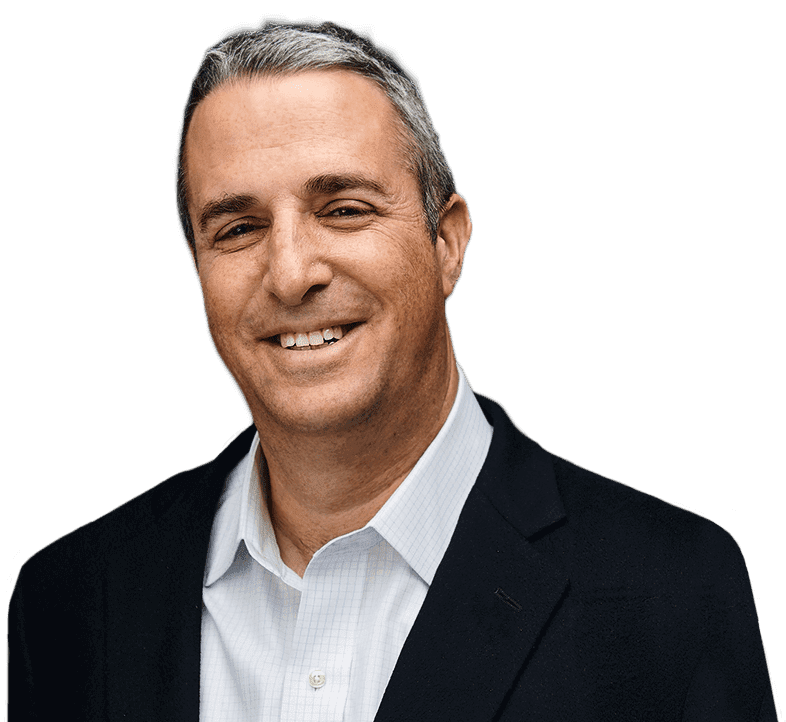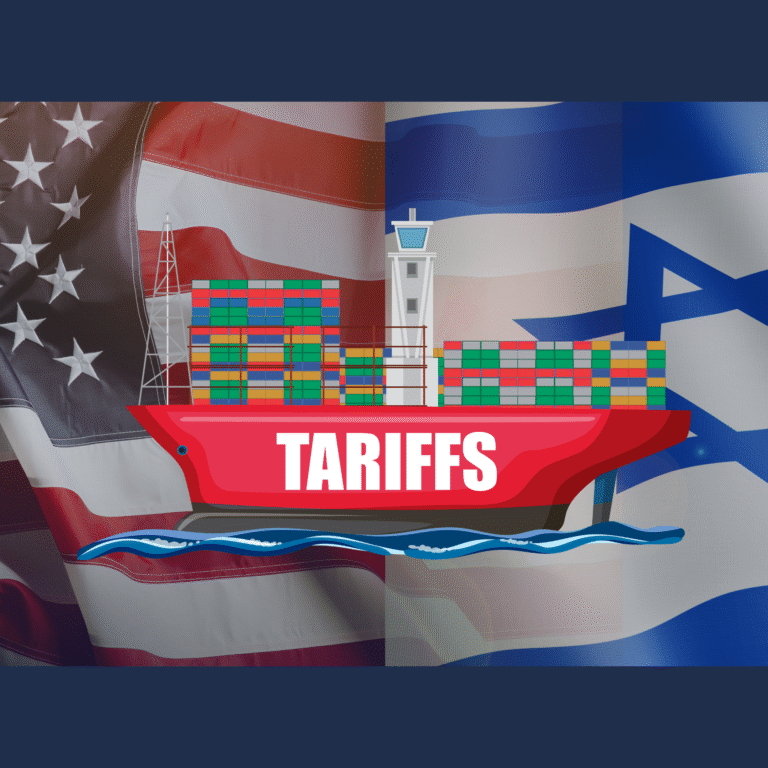

Immigrating to Israel is a transition that encompasses many touch points – financial, psychological, cultural, lifestyle, etc. Here are some thoughts for those of you who intend to make Aliyah (immigrate to Israel), or those of you who are Israeli-born US expat citizens who plan to move back to Israel (Toshavim Hozrim).
Before we get started, if you haven’t taken a look at our Israel relocation checklist, please do so.
https://www.youtube.com/watch?v=gmWr1VZ90JY
Immigrating to Israel – financial and health benefits
There are beneficial resources in the US to help with the initial moving process – but more often than not the main challenge emerges after you arrive and need to begin living day to day. Here are some major items to consider regarding your financial and healthcare benefits.
Opening your local bank account – at a bank or bank branch where they speak English and have experience dealing with those newly immigrating to Israel. Make sure you confirm with the bank clerk how you are able to send money from the US smoothly. Reach out to us with questions as this is quite a complicated task.
https://www.youtube.com/watch?v=0Prc8HwNhxk
Setting up your health insurance – it generally makes sense to do this as quickly as possible. Some people such as returning Israelis have to pay an upfront fee unless they retain their US insurance for a further six months. In most cases it pays to pay the fee and get your local health insurance immediately. There are four main providers, and one should ask locally which has the strongest presence in your new neighborhood. Also, find out what supplemental insurance they offer.
Understanding what benefits you are entitled to as an immigrant including tax and customs breaks, immigration counseling services etc. We suggest to make an appointment at the local Ministry of Aliyah and Immigration office.
Lifestyle tips for moving to Israel
Outside of the financial and healthcare tips mentioned above, here are some tips for ensuring a smooth transition in your daily lifestyle when moving to Israel.
- First, think about getting the right local phone service provider. You’ll have to decide if and how you want to retain a US line too.
- Please note that almost everyone communicates in Israel using WhatsApp, including overseas calls. So, unless you still work in the US, you may not need a US number at all. And if you do want to keep a US number you can retain it on Skype or a similar VOIP service for a nominal fee.
- Israel has 220 volt electricity as opposed to 110 volt in the US. Best to buy most appliances locally, especially washing machines, dryers, stoves, dishwashers and televisions. They tend to work better and have local service guarantees for a period of time.
When to buy locally and when not to
There are a few things to consider when it comes to prices in Israel. Some things are still cheaper in the US, including personal hygiene products and vitamins. All are available in Israel, but the brand you like may not be or may be more expensive.
One may order online goods from overseas, but you will pay local Israeli customs on orders that exceed US $75. If you do travel periodically to the US, it is best to order there – or use an Amazon prime account and send to a local US address.
In closing – immigrating to Israel
In Israel, the word for hello is “Shalom.”
The word for goodbye is also “Shalom.”
So as former Prime Minster Golda Meir quipped, we Israelis don’t always know if we’re coming or going. So, once you arrive here, if you feel a bit disoriented at first, not to worry – things will soon fall into place.
We hope you have enjoyed our tips for ensuring a smooth transition when immigrating to Israel.
If you are moving to Israel and don’t know where to start when it comes to the financial side of things, please contact us.
If you would like to receive our updates, please sign up for the Nardis Advisors newsletter.
SUBSCRIBE to the Nardis Advisors YouTube channel or ongoing updates related to the markets, economy, and finance for expats.
CONTACT US to schedule a time to speak with Nardis Advisors regarding your portfolio and personal financial plan.
Norman H. Chait, CFA, Managing Principal, Nardis Advisors LLC,
September 28th, 2021
Disclaimer: Nardis Advisors LLC (“Nardis”) is a Registered Investment Advisory Firm regulated by the U.S Securities and Exchange Commission in accordance and compliance with applicable securities laws and regulations. Nardis does not render or offer to render personalized investment advice through this medium. The information provided herein is for informational purposes only and does not constitute financial, investment or legal advice. Investment advice can only be rendered after delivery of the Firm’s disclosure statement (Form ADV Part 2) and execution of an investment advisory agreement between the client and Nardis.





